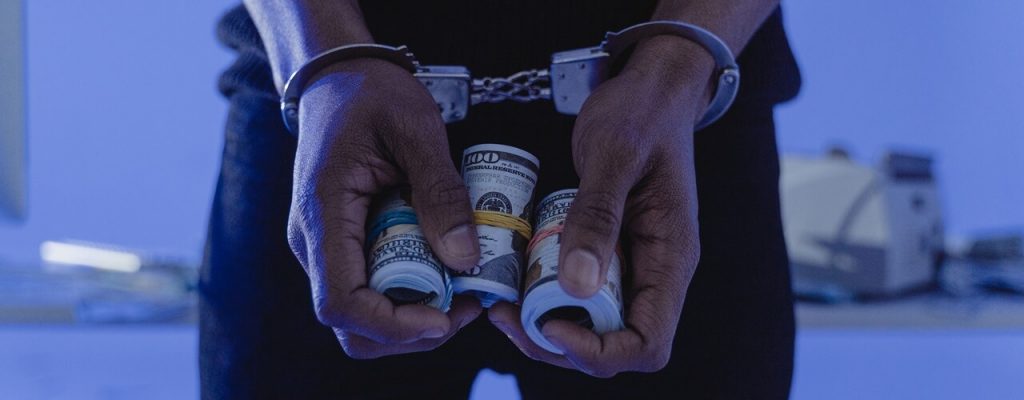
Table of Contents
What is Bail Philippines?
Bail Philippines is commonly cash or bond given for the release of a person in custody of the law, to ensure that he appears in court.
Bail can be given in cash or a bond.
Once Bail is given, the detained person is released.
You might ask why Bail in the Philippines exists if someone is under suspicion.
Bail exists because the law presumes that someone is innocent until proven guilty.
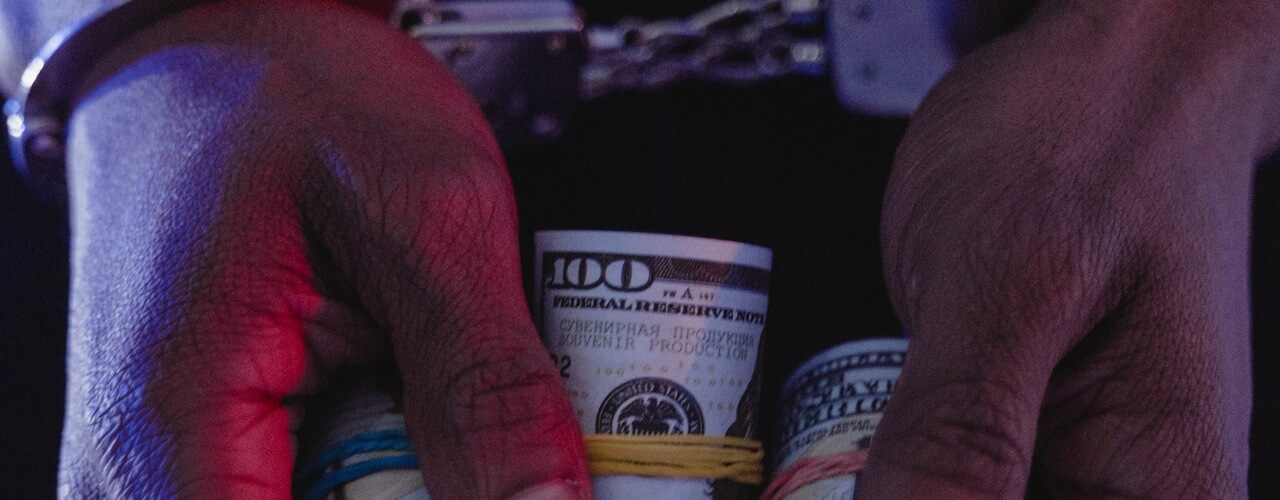
Those who can buy their way to freedom, and those who suffer in prison.”
Bail also exists to allow the accused to gather proof for his defense.
The accused would be at a severe disadvantage in preparing his case if he was in jail, so Bail is an attempt to give everyone a fair chance.
What is the basis for Bail in Philippine Law?
The basis for Bail in Philippine law is in the Constitution and is also discussed in the Rules of Criminal Procedure.
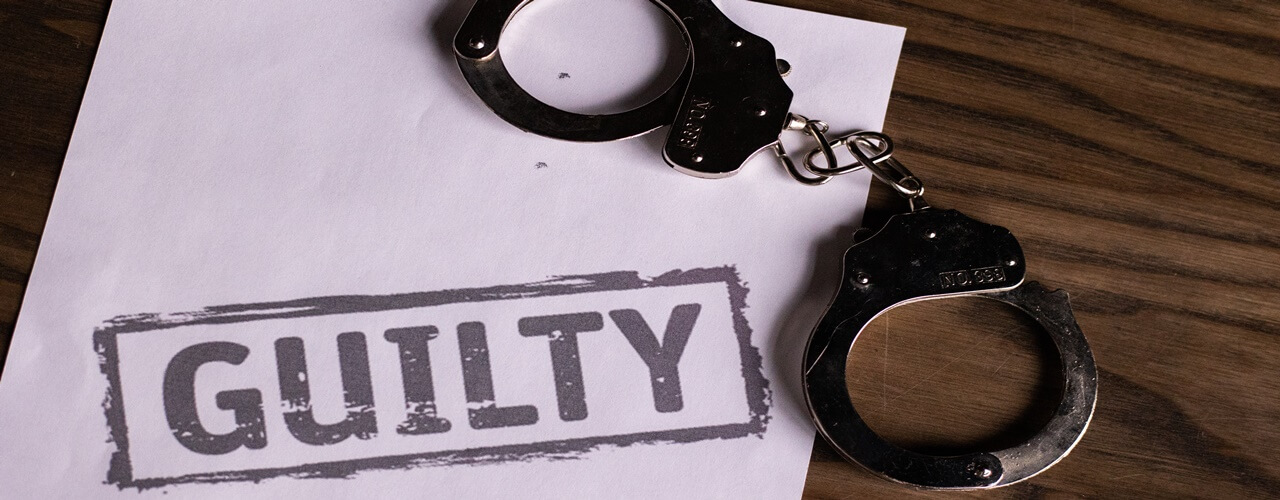
The Constitution defines Bail in the Philippines as:
All persons, except those charged with offenses punishable by reclusion perpetua when evidence of guilt is strong, shall, before conviction, be bailable by sufficient sureties, or be released on recognizance as may be provided by law. The right to bail shall not be impaired even when the privilege of the writ of habeas corpus is suspended. Excessive bail shall not be required.
In Rule 114 of Rules of Criminal Procedure, further aspects of bail are discussed such as the Right to Bail and Unbailable Offenses.
I’ll discuss them separately.
What are the types of Bail Philippines?
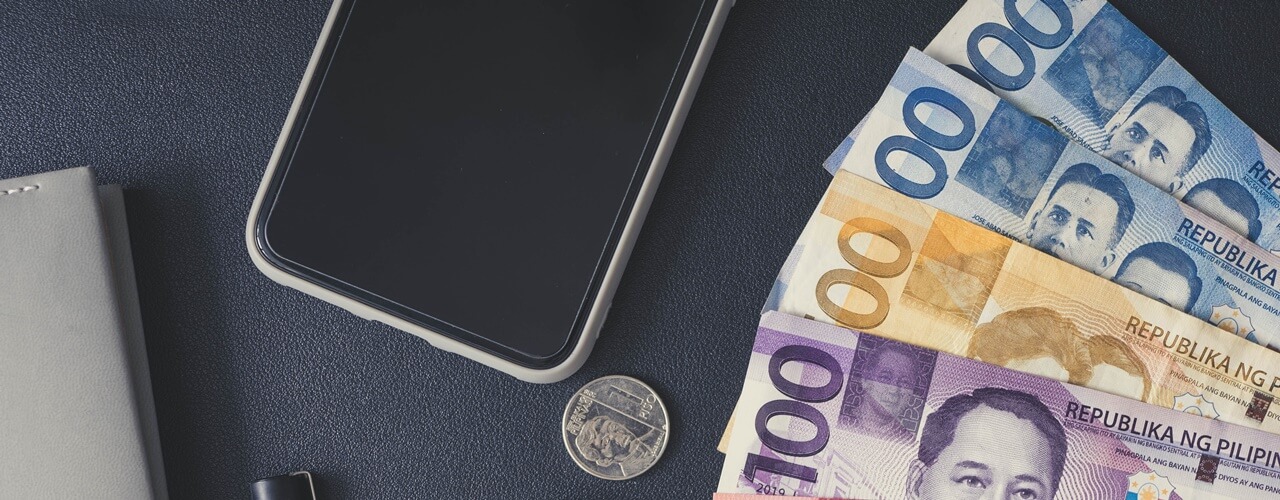
There are 4 types of Bail in the Philippines: Cash, Property, a Surety Bond, or a Waiver of Payment on the condition that the accused appear in court when needed (Recognizance).
After you are acquitted, you can withdraw the full amount of cash less a transaction fee.
Property for the full amount of the Bail Amount can also be given.
Surety bonds require the non-refundable payment of a percentage of the total value of the Bail Amount.
For a Bail of Php 10,000, you might need to pay only Php 2,000.
For Surety bonds, remember that you will also renew upon expiration.
Note, try to get the bond from accredited bond companies.
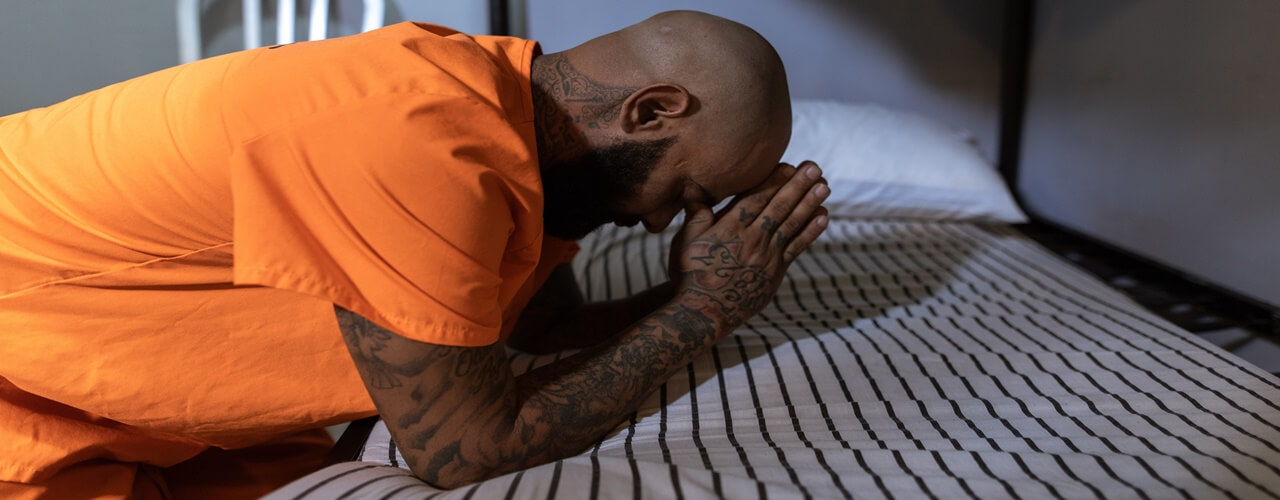
The last type of bond is Recognizance.
Recognizance is governed by RA 10389.
Recognizance allows the release of a person who cannot post bail due to inability to pay.
It can be granted by the court upon proof of indigency from the Barangay.
However, Recognizance is harder to avail of vs other types of bail.
Recognizance must be requested from the court, requires proof of indigency and must be approved of by the mayor.
Recognizance requires a lot of coordination.
So, also consider the work involved when trying for Recognizance – it requires some effort and time.
When do I have a Right to Bail in the Philippines?
All accused have a Right to Bail in the Philippines before or after conviction by Metropolitan, Municipal, or Municipal Circuit courts. The Right to Bail is also available before conviction for crimes not punishable by death, reclusion perpetua, or life imprisonment.
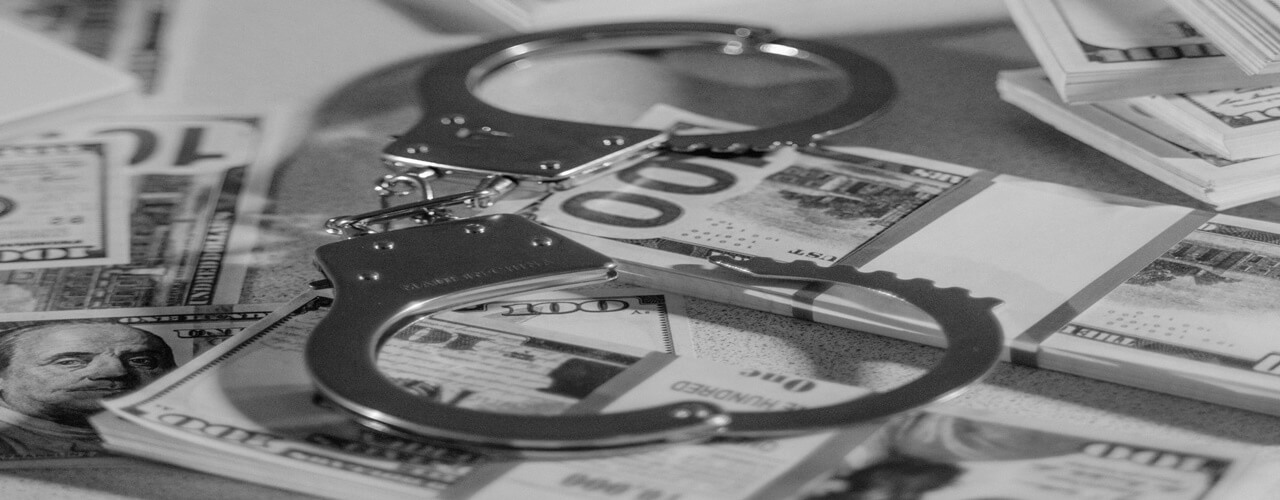
Your Right to Bail in the Philippines is because you are presumed innocent until proven guilty and is a fundamental part of the law. [G.R. No. 214300]
You are allowed to Petition for Bail as soon as you are deprived of your freedom [G.R. 148468].
Furthermore, Bail is also available when there are special humanitarian considerations involved. [G.R. No. 213847]
So, Bail is available in many situations (there are exceptions).
Bail should be calculated carefully, taking into account several factors and not just the gravity of the offence.
In practice however, Bail is often calculated on the gravity of the offence despite the fact that other factors may come into play.
You may have to file a Petition for Bail in the Philippines, if you are not given Bail at the onset.
Why was I denied Bail in the Philippines?
Denied Bail or the Right to Bail in Discretionary
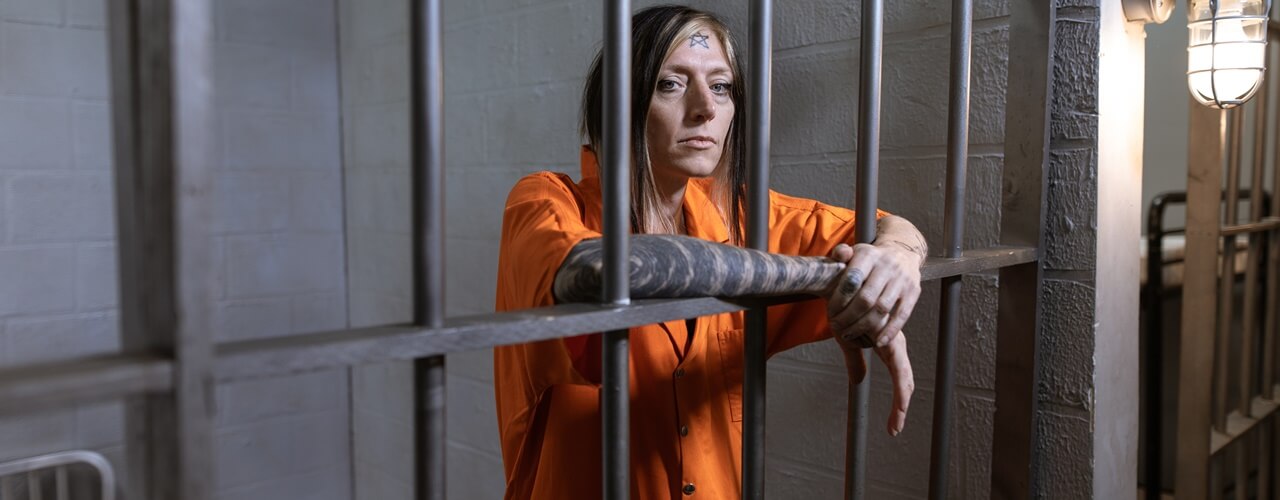
You can be denied Bail if the offense’s penalty is Reclusion perpetua or life imprisonment.
You may be denied Bail in the Philippines if you were convicted at the Regional Trial Court.
You can also be denied Bail when you are waiting for your case to be tried at the Court of Appeals and if the Regional Trial Court converted your offense from a Non-Bailable to a Bailable Offence.
You can also be denied Bail in the Philippines if the penalty imposed is more than 6 years and if you are a recidivist or escaped legal confinement among the following other factors:
- You are a recidivist, quasi-recidivist, habitual delinquent, or have committed the crime aggravated by the circumstance of reiteration
- You have previously escaped legal confinement, evaded sentence, or violated the conditions of his bail without valid justification
- You have committed the offense while under probation, parole, or conditional pardon
- The circumstances indicate the probability of flight if released on bail
- If there is undue risk you may commit another crime during the pendency of the appeal.
These are all examples of when you are denied Bail in the Philippines or when Bail is not possible at all.
What is the Bail Amount in the Philippines?
The Bail Amount in the Philippines depends on what the offense is and the offense’s penalty.
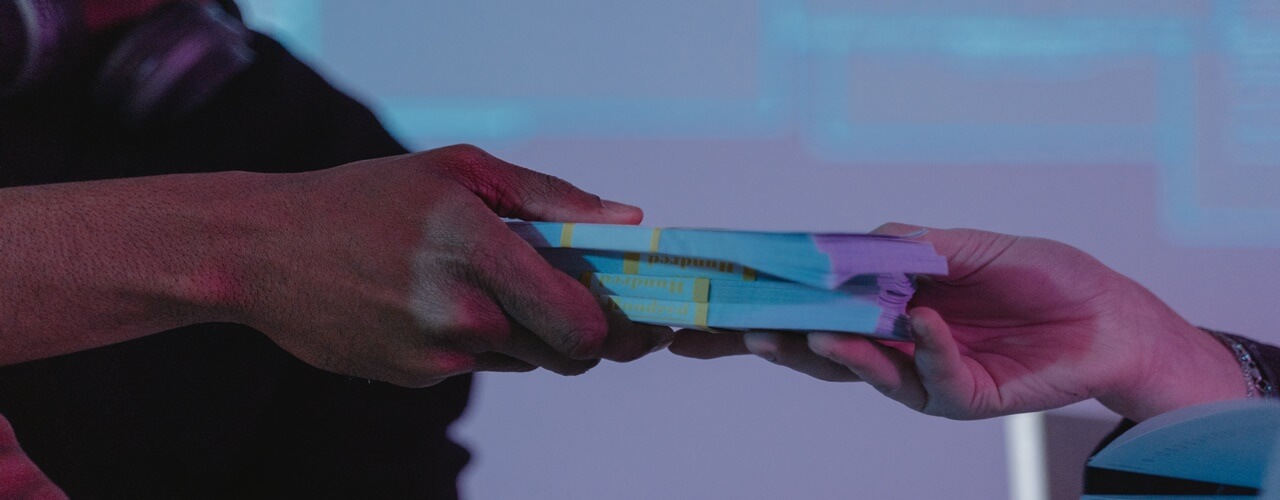
For Theft or Qualified Theft
- Bail is the maximum penalty multiplied by 2,000 for Theft or Qualified Theft up to 600,000.
- Bail is the maximum penalty multiplied by 6,000 for Theft or Qualified Theft over 600,000.
For Estafa
- Bail is the maximum penalty multiplied by 2,000 for Estafa up to 1,200,000.
- Bail is the maximum the penalty multiplied by 6,000 for Estafa over 1,200,000
For crimes under the Rule on Summary Procedure, Republic Act No. 6036 or when otherwise not covered under the 2018 New Bail Bond
- Bail is 3,000 when the accused is brought to inquest proceedings and is under the Rule on Summary Procedure, Republic Act No. 6036 or when otherwise not covered under 2018 New Bail Bond.
For Batasang Pambansa or BP 22
- Bail shall be P6,000.00 for the first P40,000 of the check’s face value
- Bail will be an additional 6,000.00 for every P40,000 in excess of P40,000.
- It should not exceed Php 120,000
For crimes punishable only by a fine
- Bail is not required for fines less than Php 400,000
- Bail is 10% for fines exceeding Php 400,000
For violations of Special laws except when specifically identified in the 2018 Bond guide:
- Bail is the number of years in its maximum period multiplied by P6,000.00
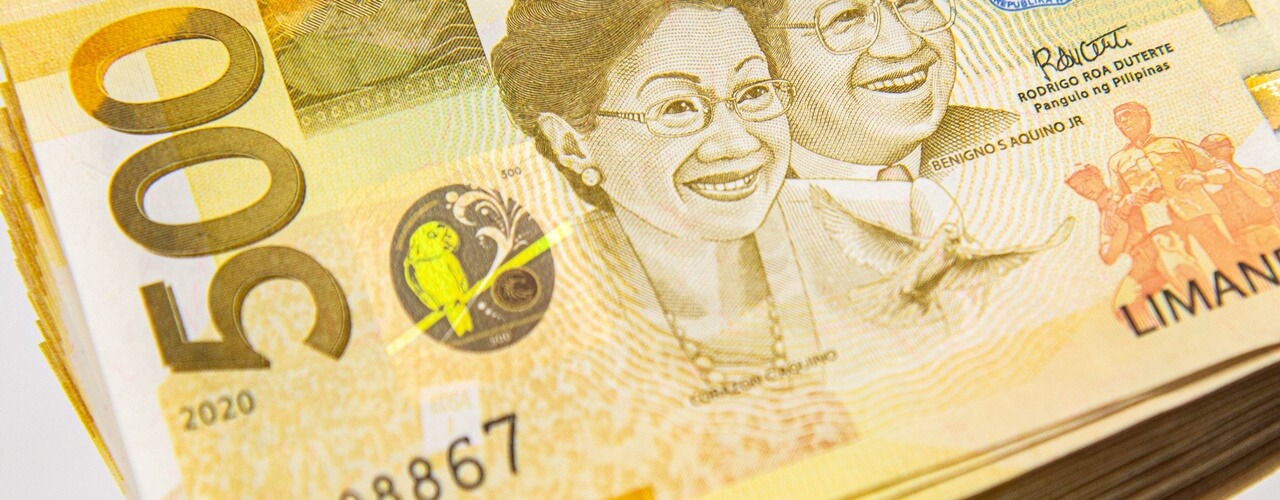
Bail is the number of years in its maximum period multiplied by P10,000.00 for the following laws:
- RA 7610 (Special Protection of Children Against Child Abuse, Exploitation and Discrimination), as amended by RA 9231 (Elimination of the Worst Form of Child Labor);
- RA 9775 (Anti Child Pornography Act);
- RA 10591 (Comprehensive Firearms and Ammunition Regulation Act);
- RA 9165 (Comprehensive Dangerous Drugs Act of 2002) amended by RA 10640;
- RA 9160 (Anti Money Laundering Act of 2001 amended by RA 9194 and RA 10167;
- RA 9184 (Government Procurement Reform Act);
- RA 9208 as amended by RA 10364 (Expanded Human Trafficking in Persons Act of 2012);
- RA 9372 (Human Security Act of 2007);
- RA 9745 (Anti Torture Act of 2009);
- RA 9995 (Anti Photo and Video Voyeurism Act of 2009);
- RA 10168 (Terrorism Financing Prevention and Suppression Act of 2012)
- IRA 10353 (Anti Enforced or Involuntary Disappearance Act of 2012)
- RA 10883 (New Anti Carnapping Act of 2016 (repealing RA 6539);
- PD 1866 (Illegal Possession of Firearms/Ammunition or Explosives) as amended by RA 9516;
- Republic Act No. 6968 (Rebellion, Insurrection or Coup d’Etat).
Bail Philippines: Frequently Asked Questions
How to Reduce Bail Philippines?

Prosecutors can reduce Bail Philippines when taking into account the accused’s financial capability, health and age.
The complete list of factors that Reduce the Bail Amount in the Philippines are:
- Financial ability of the accused to give bail
- Nature and circumstances of the offense
- Penalty for the offense charged
- Character and reputation of the accused
- Age and health of the accused
- Weight of the evidence against the accused
- Probability of the accused appearing at the trial
- Forfeiture of other bails
- The fact that the accused was a fugitive from justice when arrested
- Pendency of other cases where the accused is on bail.

However, often the Bail Amount in the Philippines is calculated only on the gravity of the offense.
For example –
For crimes punishable by prison correctional, the punishment’s maximum number of years is multiplied by 6,000.
(Your Bail Amount in the Philippines depends on the offense committed because different offenses have different ways they are calculated. I’ll go into how Bail is calculated later on.)
You can reduce the Bail Amount if one of the above factors applies (and if bail is available in your case) by filing a Motion to Reduce Bail.
Filing a Motion to Reduce Bail can take some time so be prepared to wait for a while if you do this.
Where should Bail in the Philippines be posted?
Bail in the Philippines should be posted in the court where the case is pending. This is especially true for Bail using Recognizance or when it is a matter of discretion.
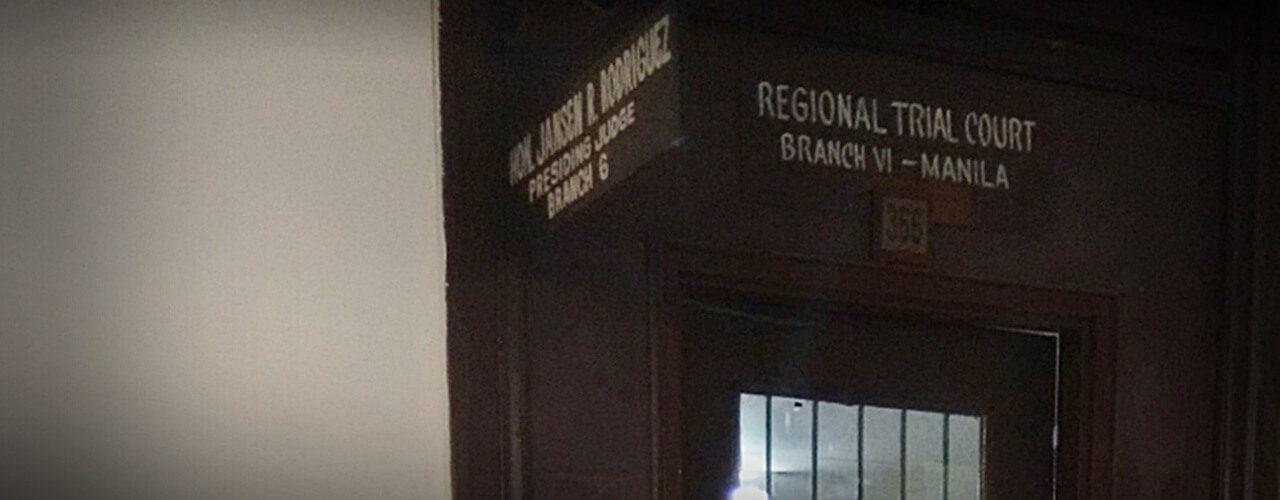
In the absence of a judge, Bail in the Philippines may be posted in the RTC or MTC as the circumstances warrant.
The Bail is paid to the Office of Clerk of Court.
What are the Bail Requirements Philippines?
Bail Requirements in the Philippines are below but not limited to the following:
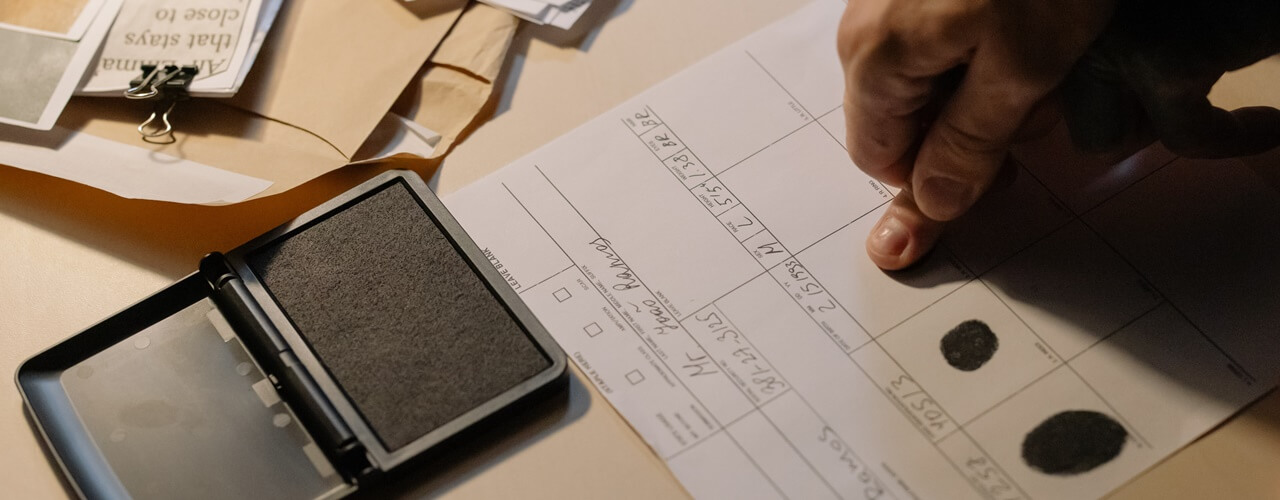
- Pictures and fingerprints of the accused
- Barangay Certificate
- Sketch of the address
- IDs of the Accused
- Certified True Copy of the Information
Other items such as a Waiver of Appearance, a Certificate from the law enforcement Agent, and a Certificate of Detention may be requested.
If a representative will be posting Bail, then his ID and a SPA should also be presented.
Can I be released even if I cannot post cash Bail in the Philippines?
Yes, you can be released if you cannot post Bail in the Philippines through the process of Recognizance.
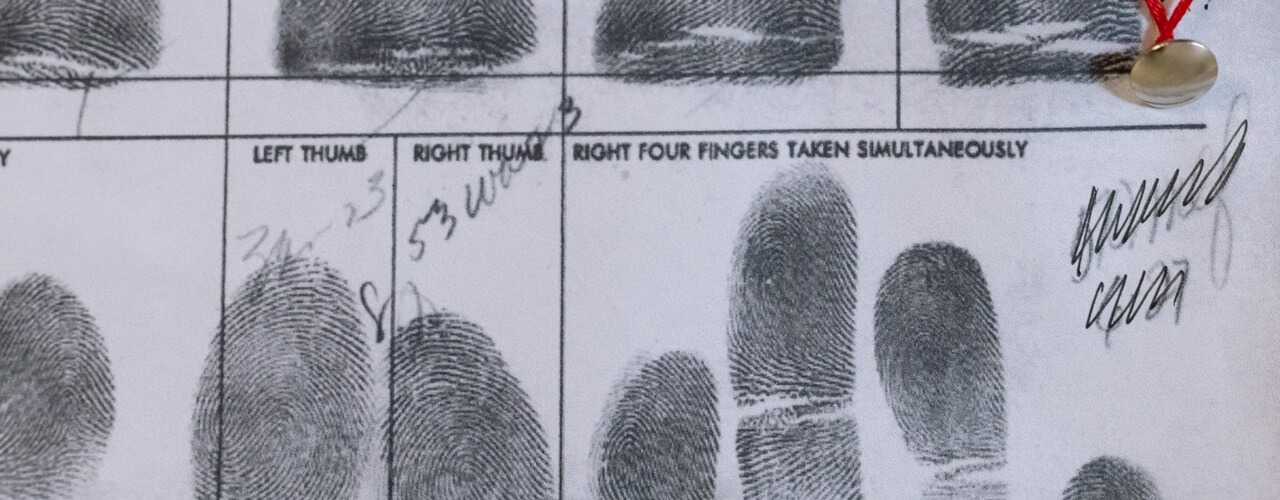
Recognizance allows your release to a qualified custodian if you are not able to post Bail in the Philippines if you meet certain requirements. [RA 10389]
Recognizance has several requirements, so be prepared to wait some time if this is what you decide to do.
Recognizance Philippines Requirements:
- Sworn declaration of Indigency
- DSWD Certification
- After arraignment
- Sanggunian Resolution with a list of recommended organizations for whom a custodian can be chosen acted on by the mayor
- Fingerprints and photographs of the accused
This should be followed shortly by a hearing.
(You can still be denied Bail Philippines for being a recidivist, quasi-recidivist, etc, etc. Please see my section above Why was I denied Bail in the Philippines).
The custodian and the parole officer assigned to you should guarantee your appearance at court. A custodian can suffer imprisonment if you do not appear so it is a serious duty.
Can I be released without posting Bail Philippines?
Yes, you can be released without posting Bail Philippines if you have been in custody for longer or equal to the maximum imprisonment for the offense charged.
You will need to inform the court of this so a Motion must be filed prior to your release.
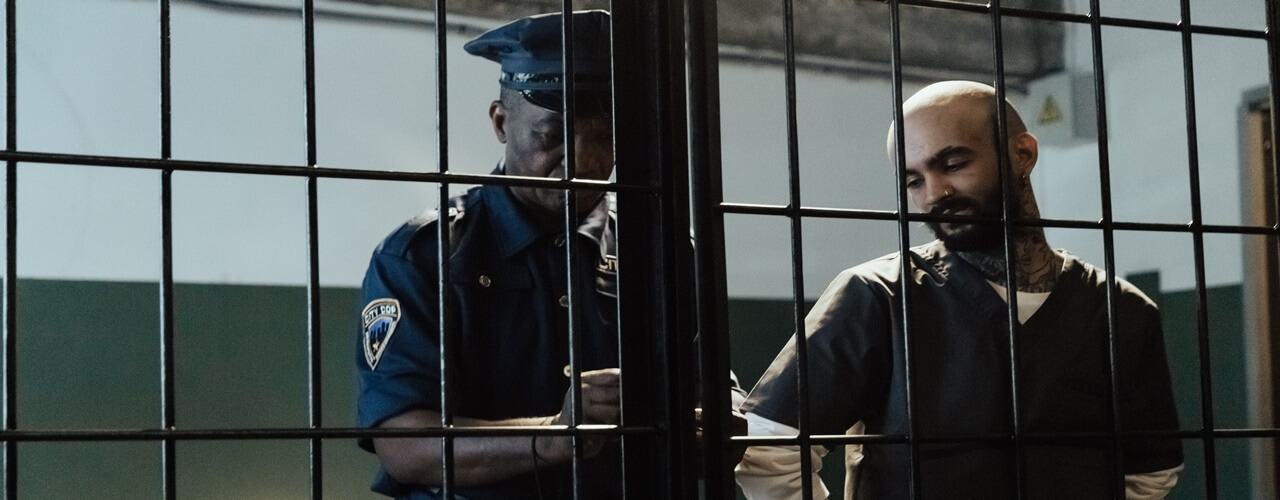
How to refund Bail in the Philippines?
Upon acquittal, your lawyer may create a Motion to request a refund of the Bail money paid.
The court will then create an Order authorizing the release of Bail.
You will need to bring this to the Clerk of Court to release the Bail money.



4 Comments
Your comment is awaiting moderation.
Dating between men and women has evolved with technology and shifting gender roles, donation more opportunities but also different challenges.
https://latinaporn.one/videos/6920/husband-took-me-to-the-masseur-and-stayed-in-the-waiting-room-what-he-didn-t-know-was-that-the-massage-had-a-happy-ending-i-gave-it-to-the-masseur-without-a-condom-part-2/
The Digital Take care of
Online dating apps like Tinder and Bumble arrange connecting easier but can feel overwhelming well-earned to too myriad choices. Women take gained more sway, such as initiating conversations on Bumble, reflecting broader gender equality.
Challenges in Dating
Ghosting and Random Dating: Fleet exits and occasional encounters are common, best to confusion.
Expectations: Miscommunication for everyone commitment can result in frustration.
Distress: Common media creates unrealistic expectations of pronouncement the superlative partner.
Gender Stereotypes: Antique stereotypes fro dating roles silent exist, complicating things.
Keys to Shape Relationships
https://gay0day.com/videos/132288/goblin-cave-two-full-clip-with-sound/
Communication: Open, trustworthy conversations build trust.
Respect and Equality: Valuing each other as equals fosters balance.
Leniency: Taking habits to build connections reduces pressure.
Looking Vanguard
As dating continues to evolve with technology, the fundamentals of defer to, communication, and fortitude cadaver vital as far as something lasting relationships.
Your comment is awaiting moderation.
Dating between men and women has evolved with technology and shifting gender roles, gift more opportunities but also new challenges.
https://ca3h.com/
The Digital Take care of
Online dating apps like Tinder and Bumble arrange connecting easier but can fancy irresistible just to too innumerable choices. Women prepare gained more charge, such as initiating conversations on Bumble, reflecting broader gender equality.
Challenges in Dating
Ghosting and Relaxed Dating: Quick exits and uncertain encounters are stale, matchless to confusion.
Expectations: Miscommunication about commitment can agency frustration.
Pressure: Common media creates unrealistic expectations of decision the perfect partner.
Gender Stereotypes: Antique stereotypes in the matter of dating roles hushed breathe, complicating things.
Keys to Shape Relationships
https://bbwporn.sex/
Communication: Outstretched, on the up conversations build trust.
Veneration and Congruence: Valuing each other as equals fosters balance.
Leniency: Irresistible delay to establish connections reduces pressure.
Looking Before
As dating continues to evolve with technology, the fundamentals of defer to, communication, and patience remain compulsory for lasting relationships.
Your comment is awaiting moderation.
Hence, appropriate rFSH dosing is regarded as a key treatment decision affecting both the success and safety of IVF treatment 11 priligy amazon uk What options do you have
Your comment is awaiting moderation.
don’t think anything
_________________
[URL=https://ru.sportsbox.site]бездепозитный бонус superforex[/URL]
Your comment is awaiting moderation.
precio de priligy en mexico It has been reported that in patients taking glimepiride, the dose of glimepiride was significantly lower in the concomitant use group of typical CYP2C9 inhibitors such as metronidazole and fluconazole 3
Your comment is awaiting moderation.
tanong ko lang po, hindi po ako naka attend ng dalawa hearing na ang nag complaint eh ung legal office ng bank regarding sa auto loan ko, pag nakulong po ba ako may bail po ba ito? Nag-paliwanag naman ako na na-assume tangay ako kaya hindi ko marecover ung sasakyan at willing to surrender naman ako.
Your comment is awaiting moderation.
How to avail po a surety bond?
Your comment is awaiting moderation.
Kapag marami po ang sangkot paghahatian ba nila ang penalty? Panu po kung walang abogado ang accused?
Is it required.to a spa or merely authorization letter written by the accused authorizing a representative to post bail in his behalf . Is there a receipt issued to a refund of bail
Generally you need an SPA.
Your comment is awaiting moderation.
Hi, what if the amount of the estafa is 8.8million.How much is the bail?
Ty for answering .
How to pay bail thru online?
Check at the courts – generally, it is paid in person.
Your comment is awaiting moderation.
Gud pm pOH.. Meron Po sana akong tanong kung Meron Po bang piyansa Ang Kaso Ng robbery at magkano po Ang Kailangan bayaran para Sa piyansa Ng taong kinasuhan Ng robbery dahil nagnakaw Ng mga gamit sa loob Ng pampubliko Lugar tulad Ng skwelahan na ninakaw Ang tv at Iba pang appliances .. salamat po
Your comment is awaiting moderation.
Gud pm pOH.. ask ko po sana kung Ang taong sinampahan o kinasuhan Ng robbery . Ay Meron Po bang piyansa at magkano mo kung Ang tao ay naka kulong na at gusto mag piyansa magkano po Ang Kailangan bayaran para Sa kasong robbery Po .. tnx po